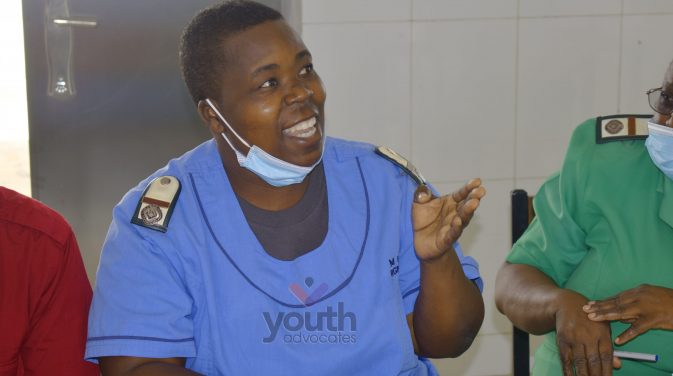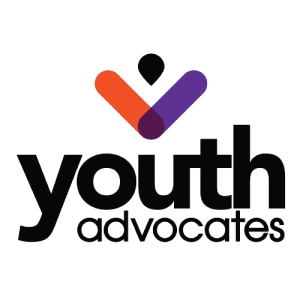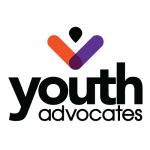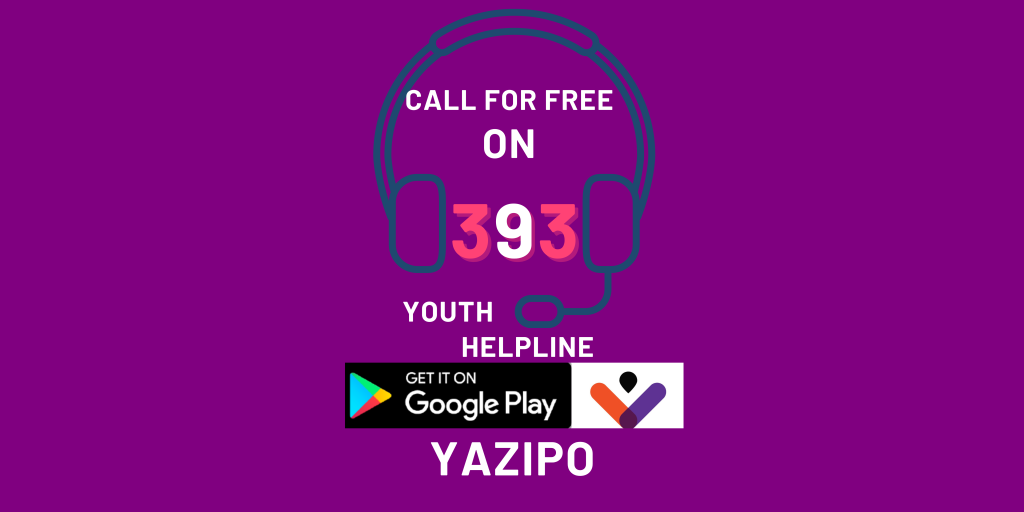

YOUTH ADVOCATES ENHANCES SERVICE PROVIDERS’ SKILLS TO IMPROVE AYP’s SRH OUTCOMES
- Education
- Until July 04, 2023
- Share
Youth Advocates through Clinical Mentorship programmes aims at improving health worker competency to deliver quality sexual and reproductive health to improve SRHR health outcomes for adolescents and young people.
Grounded on proven mentorship models, Youth Advocates developed a Sexual and Reproductive Health mentorship program and guidelines for health centers and hospitals in Epworth and Seke Districts. The emphasis is on strengthening the skills of service providers and fostering tedious interactions between hospitals and health workers under the Ministry of Health and Child Care.
The Youth Advocates clinical mentorship programme combines individual and systems-based approaches for successful results. Individual-based efforts to improve competencies and confidence of health workers and then the application of acquired skills to improve access to and quality of care within the health system. The Mentorship programme is a critical mechanism in sustaining high-quality clinical skills and knowledge-sharing in resource-constrained settings. It is an effective part of the health worker education continuum and it is designed to meet the learning needs identified by health workers themselves.
In the first round of the mentoring cycle, mentors conduct baseline knowledge and skills assessments, identify knowledge and skill gaps, and develop personal improvement plans to guide monthly on-the-job mentoring. After the third round of mentorship, mentors conduct a midterm assessment and share progress and experience in a performance progress review meeting with participants from both the mentor’s and mentee’s facilities. Mentees revise their improvement plans as needed.
End-line assessments after the last mentoring round informs a final performance progress review meeting. This is followed by a cohort graduation, which recognizes the best-performing mentees and mentors. Once the program cycle is completed, mentors and mentees jointly develop a plan to sustain and institutionalize successful practices and select the next cohort of mentor facilities in the catchment area.
FEEDBACK
Our Consultation, ANC, and FP [family planning] rooms were not comfortable to give clinical services. They helped us to rearrange it and so that it can be cater for the needs of young people without compromising their confidential information and breaching their privacy.
“I highly recommend this mentorship program to continue not only in our facility but in all facilities. The regional health [bureau] should take responsibility to expand the program … allocate budget for this program. …Investing in this program is very important to upgrade the institution.’’
“… since Youth Advocates staff has been working with us and we have been providing mentorship to health centers, there are some changes in the hospital…referral cases decreased from the health centers and health centers send referral cases after communicating with the hospital staff. This made things easy to manage referral cases.’’
Clinical mentorship helped hospitals and health centers improve referral management, create strong learning collaboration and referral linkages, and improve continuity and completeness of care


